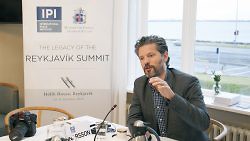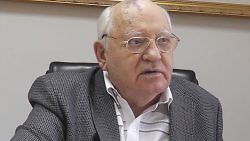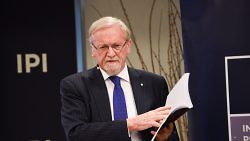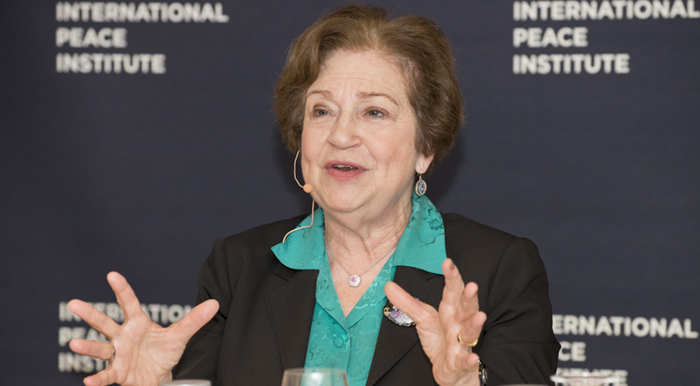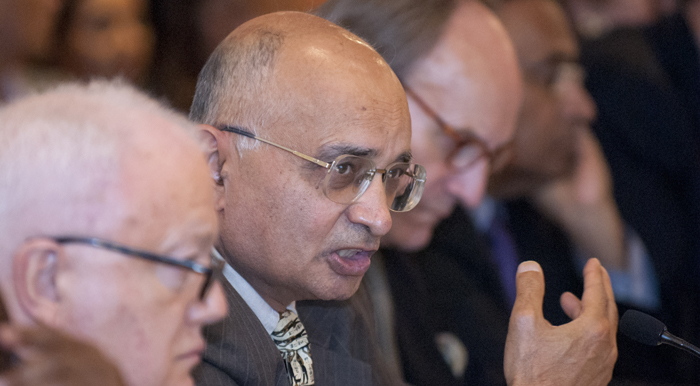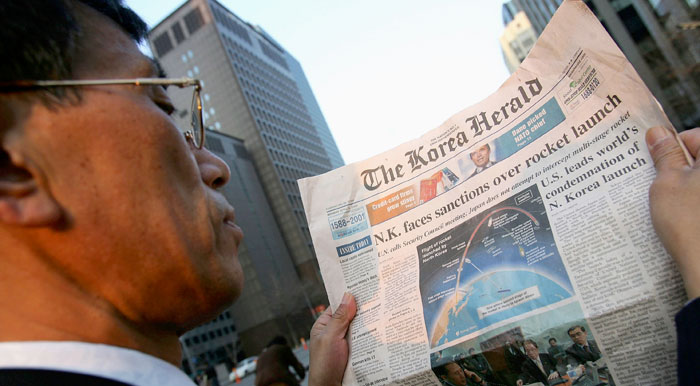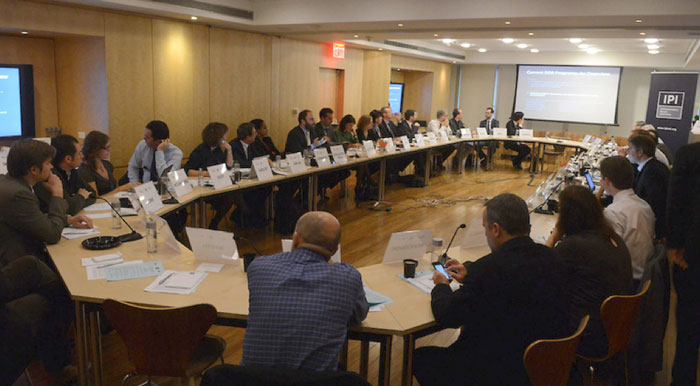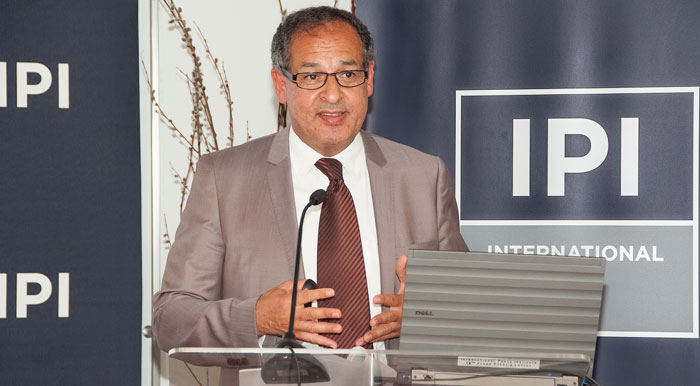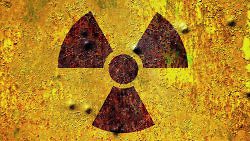
While the threat of weapons of mass destruction (WMD) may seem antiquated and unlikely to materialize, the mere existence of WMD remains one of the paramount threats to mankind. Nuclear weapons present not only the biggest existential threat, but also the biggest gap in the multilateral disarmament and non-proliferation architecture. In this context, on March […]
Read more